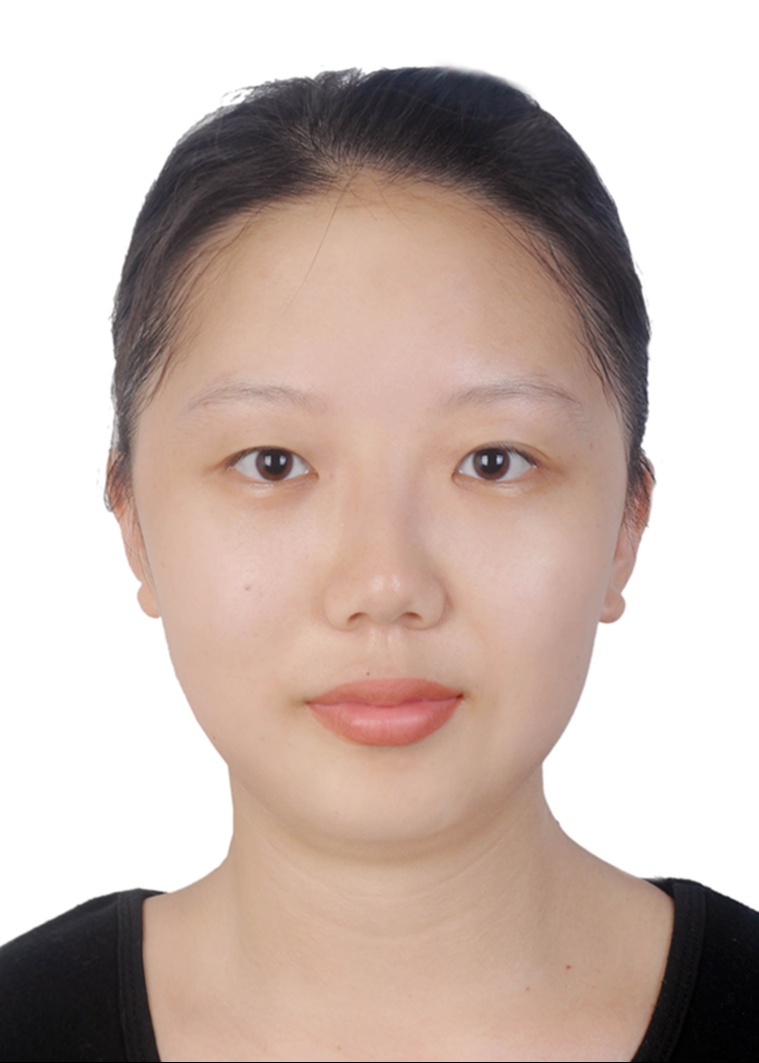IntroductionXiao Wang,obtained Phd degree in spacecraft design from Beihang University. The current primary research interests include spacecraft dynamics and control, multi-agent game confrontation, etc. In recent years, extensive preliminary research on the typical space pursuit-evasion and pursuit-evasion-defense scenarios under incomplete environmental information has been conducted, employing methods such as orbital dynamics, fuzzy reasoning, reinforcement learning, among others. The publications about the field of orbital games including 10 SCI papers and 3 EI and core papers as the first author in journals like IEEE Transactions on Aerospace and Electronic Systems and Neurocomputing. The formation also encompasses a heterogeneous cluster satellite simulation platform known as the cloud-edge-end set. EducationWork ExperienceSocial PositionSocial ActivitiesResearchspacecraft dynamics and control, multi-agent game confrontation TeachingAutomatic Control Theory PostgraduatesFundingVertical ProjectHorizontal ProjectPublications[1] Wang X. , Shi P. , Wen C. and Zhao Y. Design of Parameter-Self-Tuning Controller Based on Reinforcement Learning for Tracking Noncooperative Targets in Space[J]. IEEE Transactions on Aerospace and Electronic Systems, 56(6): 4192-4208, Dec. 2020, doi: 10.1109/TAES.2020.2988170. [2] Wang X , Shi P , Zhao Y , et al. A Pre-Trained Fuzzy Reinforcement Learning Method for the Pursuing Satellite in a One-to-One Game in Space[J]. Sensors, 2020, 20(8):2253. [3] Wang X , Shi P , Wen C , et al. An Algorithm of Reinforcement Learning for Maneuvering Parameter Self-Tuning Applying in Satellite Cluster[J]. Mathematical Problems in Engineering, 2020, 2020(5):1-17. [4]Wang X , Shi P , Schwartz H , et al. An algorithm of pretrained fuzzy actor–critic learning applying in fixed-time space differential game[J]. Proceedings of the Institution of Mechanical Engineers Part G Journal of Aerospace Engineering, 2021, 235(14):2095-2112. [5] Wang X, Ma Z, Mao L, Sun K, Huang X, Fan C, Li J. Accelerating Fuzzy Actor–Critic Learning via Suboptimal Knowledge for a Multi-Agent Tracking Problem. Electronics, 2023,12(8):1852. [6] Wang X, Li D, Bioinspired Actor-Critic Algorithm for Reinforcement Learning Interpretation with Levy-Brown Hybrid Exploration Strategy, Neurocomputing, 2023(Accept). [7] Wang X,Yang Z, Bai X, Ji M, Li H, Ran D. A Consistent Round-Up Strategy Based on PPO Path Optimization for the Leader–Follower Tracking Problem. Sensors. 2023, 23. 8814. [8] Wang, X., Ma, Z., Cao, L. et al. A planar tracking strategy based on multiple-interpretable improved PPO algorithm with few-shot technique. Sci Rep, 2024, 14: 3910. https://doi.org/10.1038/s41598-024-54268-6. [9] Xiao Wang, Zhuo Yang, Yuying Han, Hao Li, Peng Shi,Method of sequential intention inference for a space target based on meta-fuzzy decision tree,Advances in Space Research,2024,,ISSN 0273-1177,https://doi.org/10.1016/j.asr.2024.06.049. [10]Xiao Wang, Jiake Li, Lu Cao, Dechao Ran, Mingjiang Ji, Kewu Sun, Yuying Han, Zhe Ma,A data-knowledge joint-driven reinforcement learning algorithm based on guided policy and state-prediction for satellite continuous-thrust tracking,Advances in Space Research,2024,ISSN 0273-1177,https://doi.org/10.1016/j.asr.2024.06.070. [11] Li D,Zhu F,Wang X,Jin Q. Multi-objective reinforcement learning for fed-batch fermentation process control[J].Journal of Process Control, 2022,115(11):89-99. [12] Song L,Li D,Wang X, Xu X. AdaBoost Maximum Entropy Deep Inverse Reinforcement Learning with Truncated Gradient[J].Information Sciences, 2022,602(2). AwardsPatentHonor RewardAdmissions Information |

